
CONTENTS
For my father, 1910
That, finally, is all it means to be alive:
to be able to die.
J. M. Coetzee
PROLOGUE
Letter to My Father
Let the wrestling match begin: my stories versus his stories.
This book is an autobiography of my body, a biography of my fathers body, an anatomy of our bodies togetherespecially my dads, his body, his relentless body.
This is my research; this is what I now know: the brute facts of existence, the fragility and ephemerality of life in its naked corporeality, human beings as bare, forked animals, the beauty and pathos in my body and his body and everybody elses body as well.
Accept death, I always seem to be saying.
Accept life, is his entirely understandable reply.
Why am I half in love with easeful death? I just turned 51. As Martin Amis has said, Who knows when it happens, but it happens. Suddenly you realize that youre switching from saying Hi to saying Bye. And its a full-time job: death. You really have to wrench your head around to look in the other direction, because deaths so apparent now, and it wasnt apparent before. You were intellectually persuaded that you were going to die, but it wasnt a reality. So, too, for myself, being the father of an annoyingly vital 14-year-old girl only deepens these feelings. Im no longer athletic (really bad backmore on this later). Natalie is. After a soccer game this season, a parent of one of the players on the other team came up to her and said, Turn pro.
Why, at 97, is my father so devoted to longevity per se, to sheer survival? He isto mecussedly, maddeningly alive and interesting, but I also dont want to romanticize him. Hes life force as life machineexhausting and exhaustive. Rest in peace? Hard to imagine.
Mark Harris, trying to explain why he thought Saul Bellow was a better writer than any of his contemporaries, said Bellow was simply more alive than anyone else, and theres something of that in my father. D. H. Lawrence was said to have lived as if he were a man without skin. That, too, is my father: I keep on urging him to don skin, and he keeps declining.
I seem to have an Oedipal urge to bury him in a shower of death data. Why do I want to cover my dad in an early shroud? Hes strong and hes weak and I love him and I hate him and I want him to live forever and I want him to die tomorrow.
Infancy and Childhood
Our Birth Is Nothing but Our Death Begun
A fetus doesnt sit passively in its mothers womb and wait to be fed. Its placenta aggressively sprouts blood vessels that invade its mothers tissues to extract nutrients. A mother and her unborn child engage in an unconscious struggle over the nutrients she will provide it. Pregnancy is, as the evolutionary biologist David Haig says, a tug of war: each side pulls hard; the flag tied to the middle of the rope barely moves. Existence is warfare.
Human beings have existed for 250,000 years; during that time, 90 billion individuals have lived and died. Youre one of 6.5 billion people now on the planet, and 99.9 percent of your genes are the same as everyone elses. The difference is in the remaining 0.1 percentone nucleotide base in every 1,000.
Youre born with 350 bones (long, short, flat, and irregular); as you grow, the bones fuse together: an adults body has 206 bones. Approximately 70 percent of your body weight is waterwhich is about the same percentage of the earths surface that is water.
A newborn baby, whose average heart rate is 120 beats per minute, makes the transition from a comfortable, fluid-filled environment to a cold, air-filled one by creating a suction 50 times stronger than the average adult breath. I was a breech birth, the danger of which is that the head (in this case, my head) comes out last, which dramatically increases the possibility that the umbilical cord will get wrapped around the neck (in this case, my neck). I entered the world feet first, then remained in the hospital an extra week to get a little R & R in a warm incubator that my father guarded like a goalie whenever anyone came within striking distance. If I laid still for more than a few minutes, my father reportedly pounded on the glass dome. I wasnt dead, Dad. I was only sleeping. All my life Ive pretended to seek a cold, air-filled environment (danger), but really what Im drawn to is that comfortable, fluid-filled environment (safety).
I remember once being complimented by my mother for not entering a playground when the gate was locked and my father being disgusted that I hadnt climbed the fence. As a wide receiver, I would run intricate patterns, then stand all alone in the middle of the field, waving my hands, calling for the ball. I never dropped a pass, but when I was hit hard, I would typically tighten up and fumble. I was the best softball player in the neighborhood, but as we grew older, we began to play overhand, fast-pitch hardball, and I started flinching. Trying to beat out a ground ball, I would always slow down so that the throw to first base would arrive ahead of me and Id avoid getting hit in the head with a wild toss. Batting, I was afraid of getting hit with the pitch; fielding, I dreaded bad hops off the rocky infield. I could run 100 yards in 10.8 seconds, but I had very long legs and the track coach insisted that I run high hurdles; I stutter-stepped before each hurdle to make sure I cleared it and came in last. Having never learned to dive, I jumped in the pool feet first. The swimming instructor dragged me to the edge of the diving board, positioned my arms and legs, held me in the air for a second, then dropped me into the pool. At the last instant, I turned my face, and water broke my fall like a bed of electric needles. What was I scared of? Why have I always been so afraid of getting hurt?
In the Bhagavad G  t
t  , the human body is defined as a wound with nine openings.
, the human body is defined as a wound with nine openings.
A newborn baby is, objectively, no beauty. The fat pads that will fill out the cheeks are missing. The jaws are unsupported by teeth. Hair, if there is any, is often so fine as to make the baby (especially Caucasian babies) appear bald. Cheesy materialcalled vernix caseosacovers the body, providing a protective dressing for the skin, which is reddened, moist, and deeply creased. Swelling formed by pressure during the passage through the birth canal may have temporarily deformed the nose, caused one or both eyes to swell up, or elongated the head into a strange shape. The skull is incompletely formed: in some places, the bones havent fully joined together, leaving the brain covered only by soft tissue. External genitalia in both sexes are disproportionately larger because of stimulation by the mothers hormones. For the same reason, the babys breasts may be somewhat enlarged and secrete a watery discharge called witchs milk. The irises are pale blue; true eye color develops later. The head is very large in proportion to the body, and the neck cant support it, while the buttocks are tiny.
The average baby weighs 7 pounds and is 21 inches long. Newborns lose 5 to 8 percent of their birth weight in the first few days of lifeowing, mainly, to water loss. They can hear little during the first 24 hours until air enters the eustachian tubes. They miss the womb and resent any stimulus. They will suck anything placed in or near their mouth. Their eyes wander and cross. Their body temperature is erratic, and their breathing is often irregular.
At 1 month, a baby can wobble its head and practice flexing its arms and legs. At 2 months, it can face straight ahead while lying on its back. On its stomach, it can lift its head about 45 degrees. At 3 months, a babys neck muscles are strong enough to support its head for a second or two.
Next page
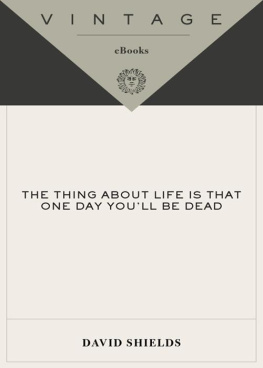

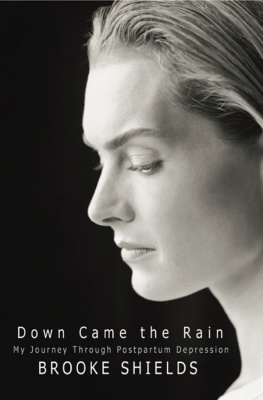
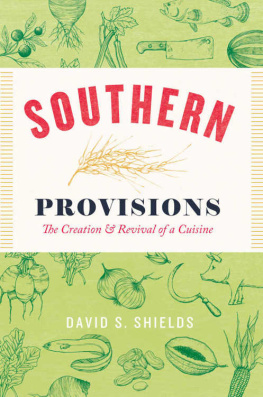
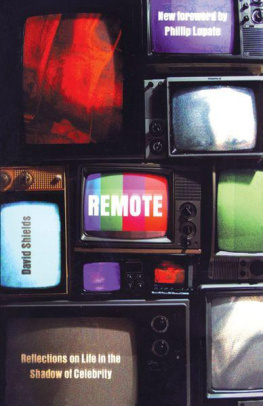

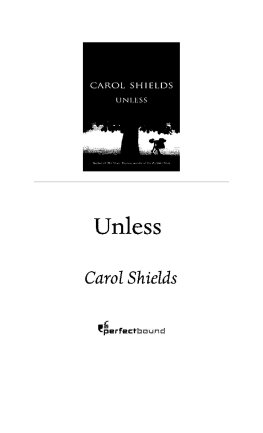


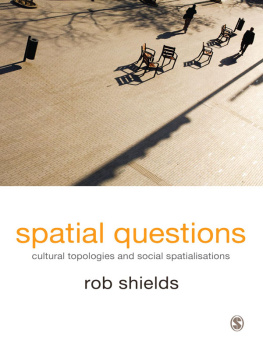
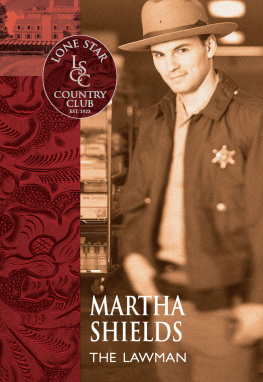

 t
t  , the human body is defined as a wound with nine openings.
, the human body is defined as a wound with nine openings.